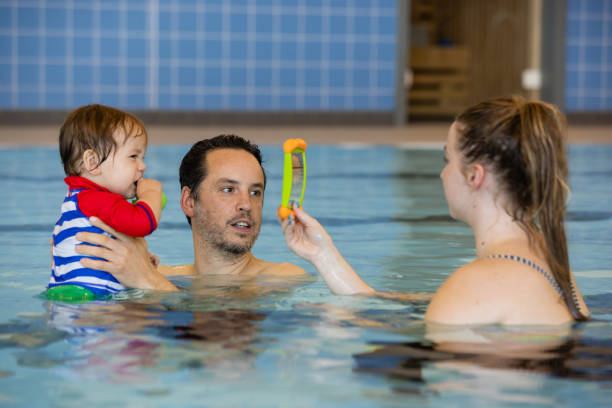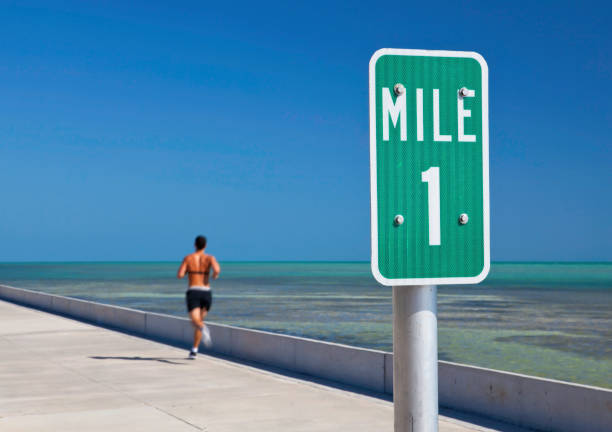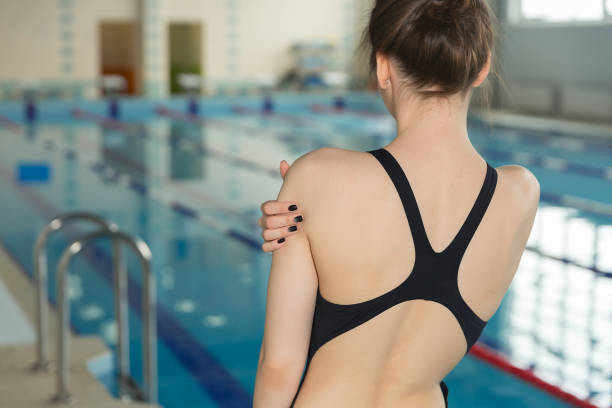Parents are often seen every day at the swim meets, the pool, and at the swimming practices. Many of their questions are unanswered. We’re here today to answer all the questions that swimming parents have.WHAT TYPES OF TRAINING SHOULD MY CHILD ENJOIN EACH WEEK?
Each swimmer can do as many sessions as they wish. Elite swimmers may do seven sessions while others might do eleven. It all depends on the swimmer’s personal swimming level and other commitments. Physical exertion: If a swimmer attends three sessions per week and becomes tired, it is probably not a good idea to continue swimming. Performance – Swimming sessions should be designed to improve swimmers’ performance. Swimming lessons every week won’t get your child on the Olympic team. It also won’t help you win at a championship meet. This would be too focused for some swimmers. Swim training is usually one session per week.What is the best balance for my child in terms of social life and swimming?
Your child should be a child before they can become a swimmer. They love swimming and consider themselves to be a swimmer. They can be a student or friend. It is important that your child has fun and enjoys the activities they take part in. The balance level has been altered if they become dissatisfied, make excuses for not attending, or don’t seem to be themselves. While it is important to encourage children to participate in activities, it can also be a good idea to suggest other activities if they are unhappy.WHAT AGE SHOULD A CHILD SWIMMER SPECIALISE in a STROKE?
Many swimmers will learn to swim a specific stroke. They will develop physically and mentally to take on their stroke. Encouraging children swimmers to take up a particular stroke is not beneficial. It will happen when you least expect it.Is it necessary for SWIMMERS to have a special diet?
Except for those with a medical condition, swimmers do not need to eat a special diet. The best foods for swimmers are carbohydrates, such as pasta, bread, and rice. Quality proteins such as meat and fish. It would be best to drink plenty of water and fruit juices like orange and apple juice. These drinks will replenish your body’s fluids and help keep you hydrated. It would be best if you avoided taking-out, fizzy drinks and energy drinks. These foods and drinks are often high in sugar and E numbers. They are popular for their convenience, but having the occasional treat is okay. Everything is fine in moderation. Talk to a nutritionist to determine if your child needs a special diet, or to supplement their diet with vitamins.WHAT CAN I DO TO FIND THE BEST COACHES FOR MY CHILDREN?
These are the five Cs that swimming coaches do best. Calm – They are calm and collected at all times, whether they’re swimming lessons or galas. Confident – They are humble and confiden
t, and they love helping children swim well. They are close to their swimming pool. They are caring – They truly care about the success of the children they work with. Credible – They have the experience and training to coach and further their swimming.WHAT SHOULD I EXPECT FROM MY CHILD IF THEY ATTEND MEETS?
You should see your child enjoying themselves and the time with other swimmers every time they attend a swim meet. Your child might be happy to participate in the competition. You may also see them demonstrating new swimming techniques. There is little to expect from your child’s performance. While children want to be the best and win medals, having a winning streak is optional. Participating in swimming is a great learning experience for any child who chooses to swim. Do you have any questions about swimming for your child?





